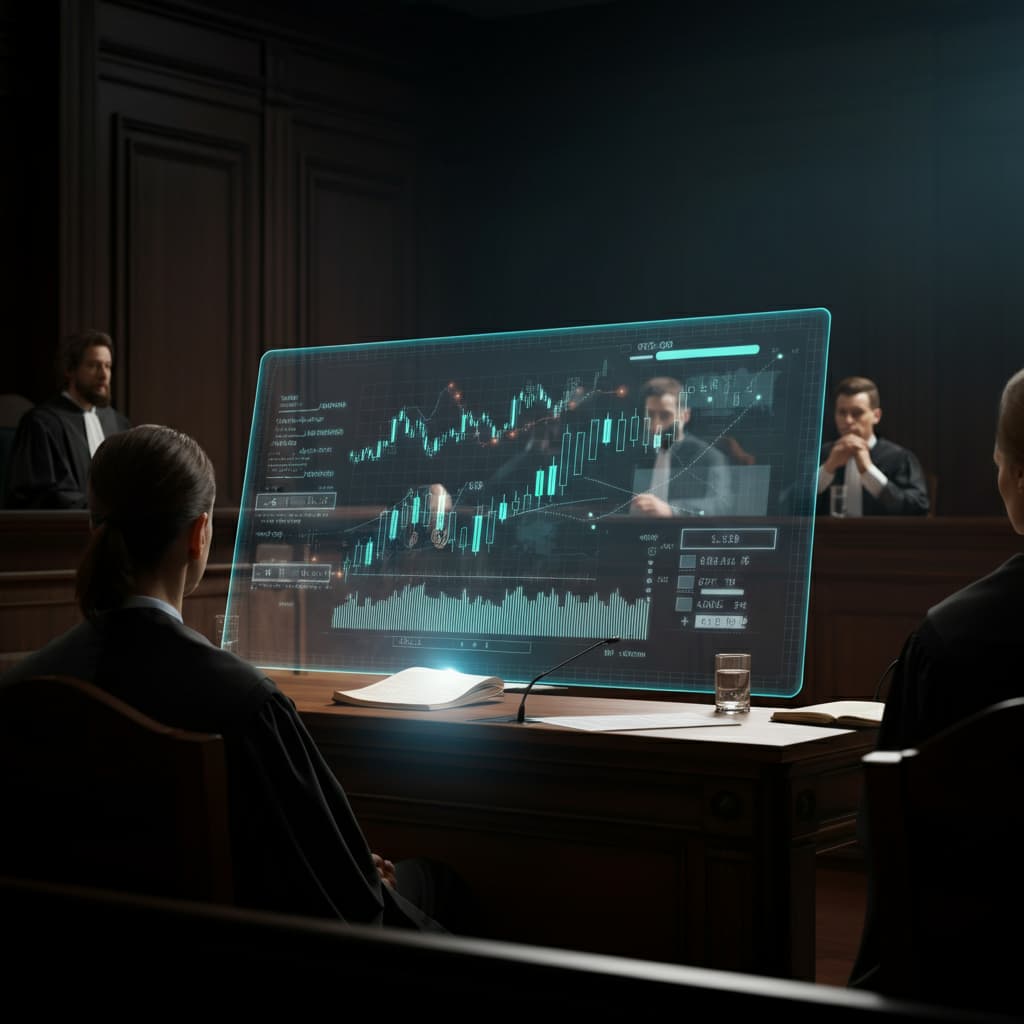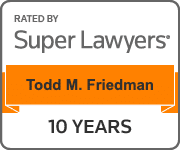No one likes unsolicited phone calls. They’re not just annoying. Unwanted calls can actually be dangerous in large numbers. Think about what would happen if you received so many spam calls that you didn’t pick up the phone when someone you love is in trouble.
That’s why the Telephone Consumer Protection Act (TCPA) of 1991 was put in place. It’s intended to limit the number of unsolicited calls businesses can make. Of course, phones have changed a lot since 1991. Today, most people use cell phones, which means unsolicited texts are a problem, too.
These unsolicited SMS messages can be just as annoying as unsolicited calls. However, there’s currently no legislation specifically barring unsolicited texts. For years, the TCPA was used to fight back against unwanted SMS messages, but various courts have made different decisions about whether that follows the spirit and the letter of the law. Recently, a major Supreme Court decision has made the situation both more and less clear. Keep reading to learn what the TCPA covers, the case that set a new federal precedent, and how it will affect you.
What Is the TCPA?
The Telephone Consumer Protection Act has many requirements. Many of them are uncontroversial. Solicitors calling without prior permission may not:
- Call anyone on the National Do Not Call Registry
- Call before 8 am or after 9 pm in the recipient’s time zone
- Use artificial voices without express written consent from the recipient
However, there’s one requirement that has generated lawsuits and debates around the country. Callers may not call emergency numbers, healthcare facilities, residential numbers, and cell phone numbers using an automatic telephone dialing system (ATDS). That means it’s almost impossible for companies to use ATDS programs to solicit. It’s completely illegal for companies to send automated texts without express written permission.
The result has been a major debate over what constitutes an ATDS. In 2015, the Federal Communications Commission (FCC) used a broad definition, declaring that an ATDS was any system that dials numbers from a stored list. However, the D.C. Circuit Court struck down that definition in 2018. Since then, the Circuits have been divided in their opinions. Some followed the FCC definition, while others held that an ATDS needed to use random or sequential number generation to dial numbers.
Facebook v. Duguid: The Case That Changed the Law
That’s where the case Facebook v. Duguidcomes in. Duguid was receiving unsolicited texts from Facebook, despite never creating a Facebook account. Duguid attempted and failed to stop the unwanted texts. As a result, Duguid brought a putative class action against Facebook, arguing that the company violated the TCPA by storing phone numbers and sending automated messages to those numbers.
The case rose to the Supreme Court after the Ninth Circuit ruled in Duguid’s favor. The Supreme Court reversed the decision with a unanimous court. The result is a new, federal definition of ATDS: the only programs considered to be automated telephone dialing systems are those that randomly or sequentially dial numbers. Those that store phone numbers and dial stored numbers are officially no longer barred by the TCPA.
How Facebook v. Duguid Affects You
Now the Supreme Court has ruled on the definition of ATDS, the entire country is held to the same standards. No matter where you live, U.S. solicitors are only required to follow the narrow definition of ATDS.
When it comes to texting, this unfortunately broadens the range of texts you can legally receive. Automated, unsolicited texts are still banned. Texts that are copied and pasted by an automated system fall under the “artificial voices” section of the TCPA. For example, if a company wants to send you completely automatic messages about sales, they need your express written permission.
However, companies can still send text messages using their databases of stored numbers. You may have given “express written permission” by submitting your phone number through a sign-up page that included fine print giving the company permission to text you. While the company does need to provide a way for you to opt out of the texts, it can be difficult for you to accomplish in practice.
Meanwhile, there’s nothing stopping companies from sending unsolicited messages to their database of numbers as long as the text itself is typed by a person. This bypasses both the “artificial voices” ban and the narrow definition of ATDS.
How to Fight Unsolicited Texts
While Facebook v. Duguid does make it harder to avoid unsolicited messages, you have ways to fight back.
Unsubscribe from text messages. If you’re getting texts from a known source, you should be able to stop the messages entirely by texting “STOP” to the number. This may take several days to stop the messages entirely, depending on how frequently the sender updates their databases.
Register on the Do Not Call List. If your number is on the DNC list, telemarketers cannot send you unsolicited calls or texts, period. If they continue contacting you without permission, they’re breaking the law.
Never respond to unsolicited texts. Unscrupulous solicitors and scammers will send trial texts to thousands of numbers asking for a response. They then target the people who respond. If you’re not familiar with the sender of a text, don’t text back.
Block numbers that send you unwanted texts. If you continue to get unsolicited messages from a single number, most phones offer a block feature. You won’t receive any messages from that number in the future.
Stop Unwanted Texts for Good
There’s nothing more annoying than having your texts filled with unwanted messages. While the recent Supreme Court decision narrows the scope of the TCPA, you still deserve to keep your privacy. If you’re receiving unsolicited SMS messages and nothing seems to make them stop, get help. Reach out to an experienced TCPA attorney to discuss your situation. They’ll help you understand your options and decide how best to take legal action. You can stop unwanted texts for good; you just need to have the right team on your side.

















